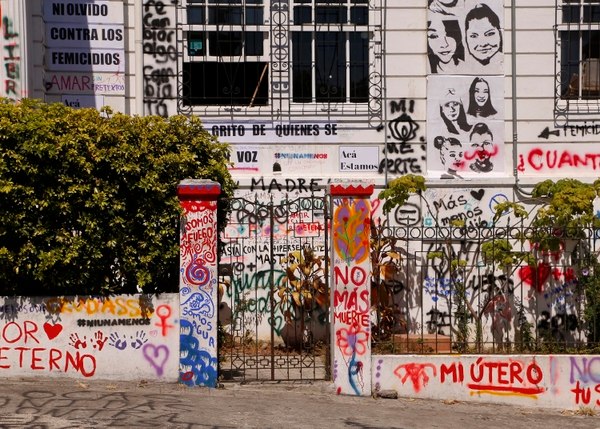
By Larissa Arroyo Navarrete*
The 25 April 2019 was a historical day for sexual and reproductives rights in Costa Rica. On this date, the Ministry of Health published a note informing that it would allow the registration of a dedicated oral drug for emergency contraception. The Ministry had until then systematically rejected pharmaceutical companies applications and it was not until 2019 that it welcomed the possibility of access to this modern contraceptive. The medicine will be accessible for purchase in private pharmacies, while it will still be missing from the public health system.
Despite claiming itself to be a strong democracy, Costa Rica was the only country where this registry had not been allowed, almost comparing with Honduras where the use of this drug was prohibited after the coup d’état in 2009. Across the world, the right to emergency contraception had been insured one way or another. Women and girls could not even access Emergency Contraception (EC) via the Yuzpe regimen (when other medicines are administered for the same effect) despite being guaranteed on the interinstitutional Comprehensive Protocol for Attention to Victims of Sexual Violence at Young and Adult Ages. The reasons are varied, but they are mostly due to the ignorance of Health Professionals Council members, as well as of the population in general. And, as an effect, stigma and myths about EC were reinforced.
On April, the Minister of Health was interviewed by many media outlets, such as La Nación, CRhoy and Amelia Rueda, indicating that it would promulgate a decree to ensure the drug’s sale without the need for prescription. Meanwhile, the Minister on the Status of Women, Patricia Mora, celebrated this step that aims to ensure women’s sexual and reproductive rights and health. The Association of General Medicine and Surgery issued a statement declaring it as a rightful measure, but advising that the medicine should be authorized under the requirement of a medical prescription. The Catholic Church, on the other hand, was emphatic to reject the medicine, alleging that it was abortive, that attacked the “unborn” and that it was against Christian commands, arguments replicated by Christian Evangelical congressmen. It is relevant to note how media outlets prioritized the Catholic Church in their coverage in relation to civil society, but without completely neglecting CSOs.
It is striking to note that if, on one hand, media outlets prioritized covering the Catholic Church’s stance on the matter in relation to civil society members, on the other, they have also published pieces that focused on covering the news under the arguments of “refuting fake news” and “promoting more evidence-based input”. Even notably conservative media outlets, such as La Nación, which published an article entitled “Bishops confuse morning after pill with abortion method, despite WHO dismissing such claims”.
The registration of emergency contraception is unquestionably a historical debt. And it seems there is a political will to take further steps to ensure access through the public health system, under the Costa Rican Social Security Administration.
*Larissa Arroyo Navarrete is a lawyer specialized in Humans and Gender Rights and is also the director of ACCEDER Citizen Association.
